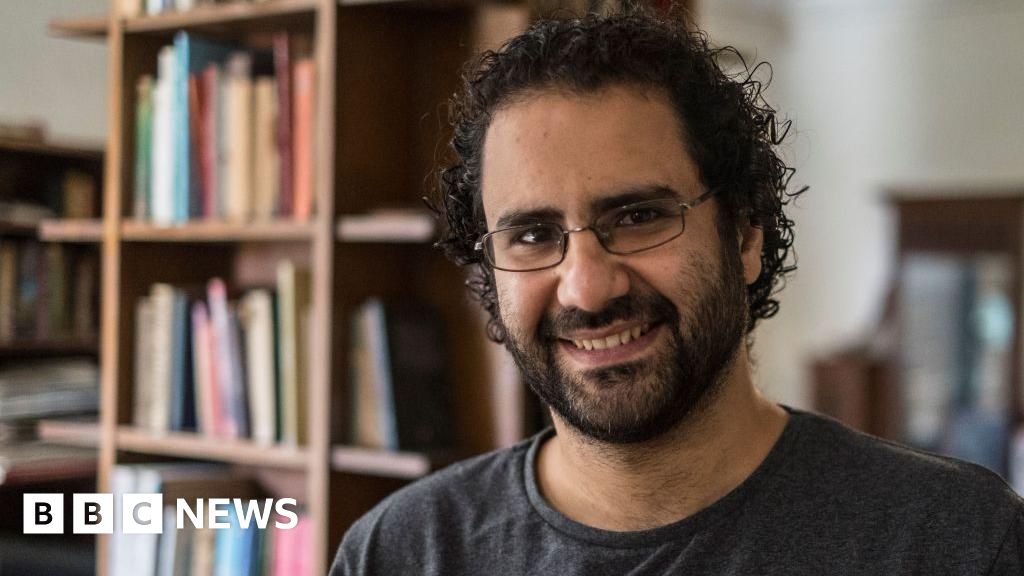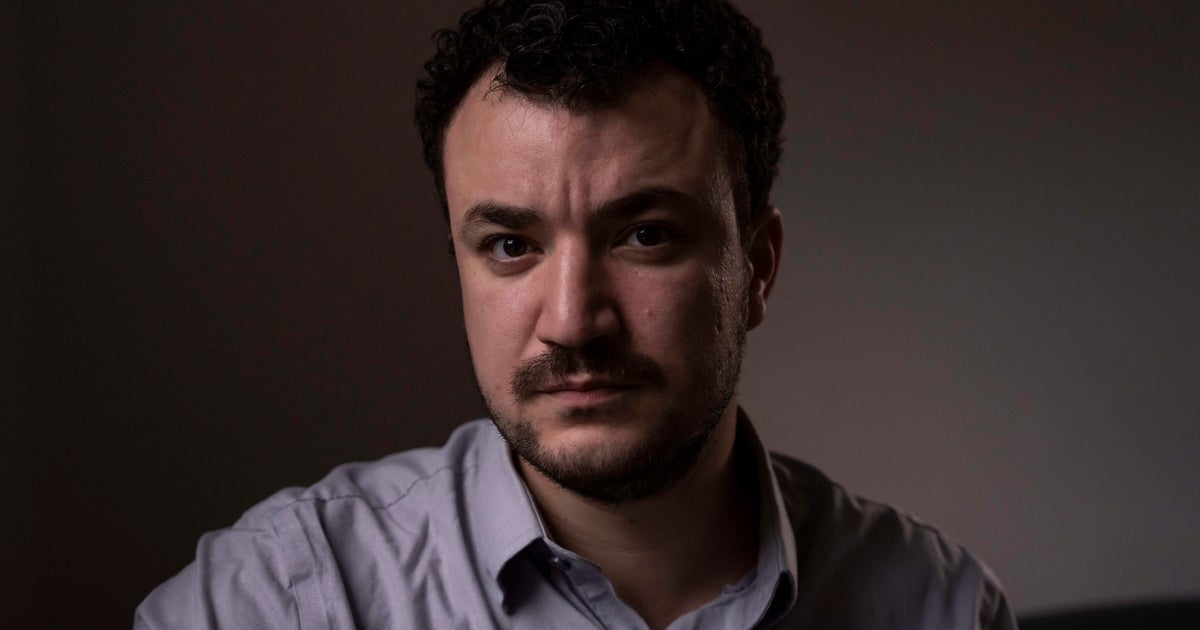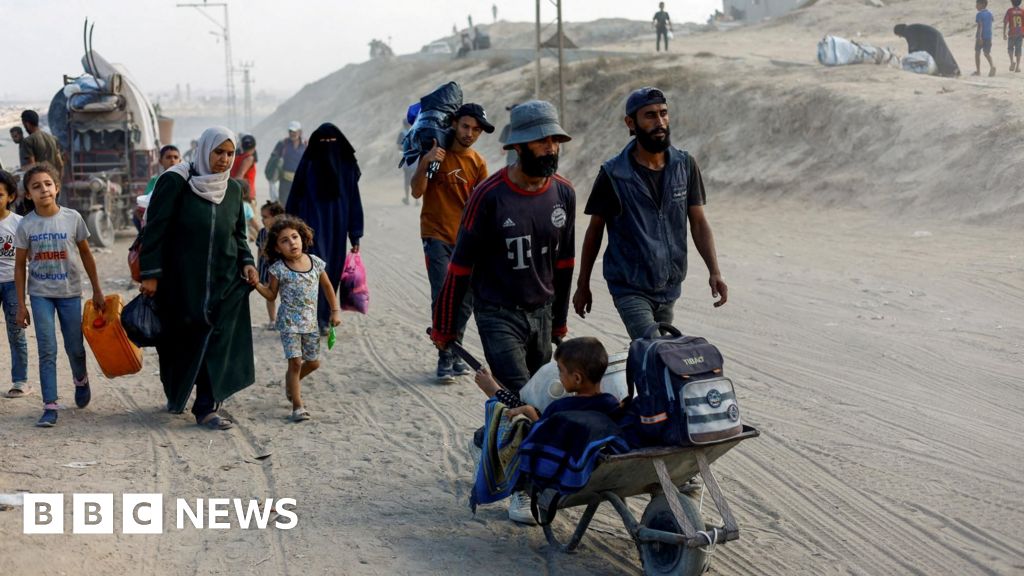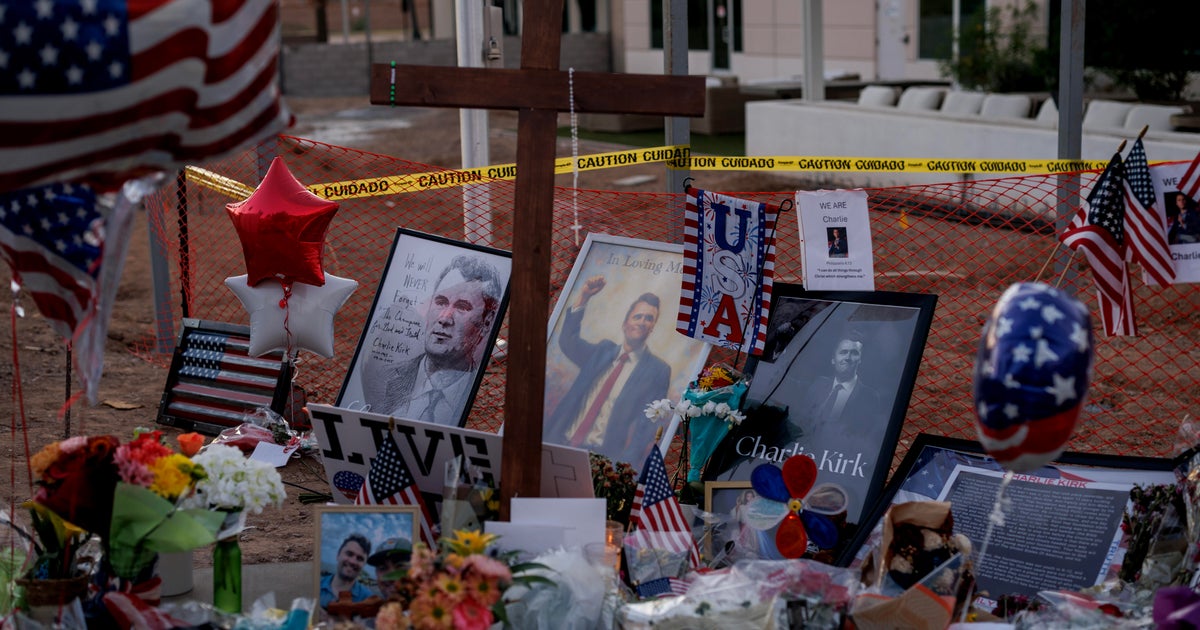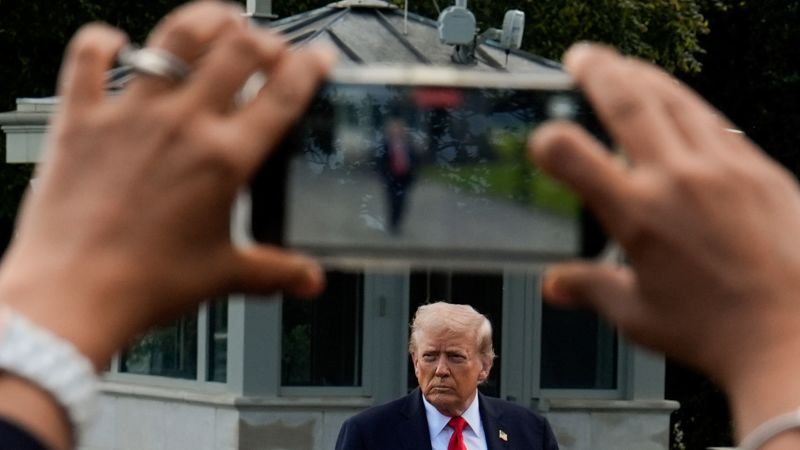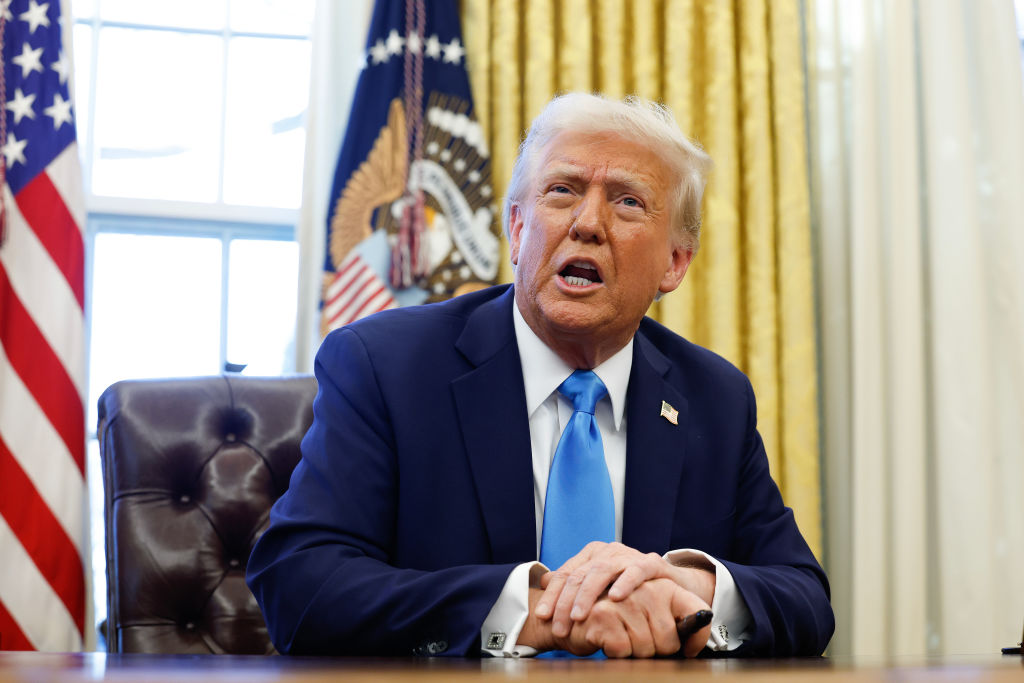Duterte Faces Charges for Crimes Against Humanity
Introduction
Former Philippine President Rodrigo Duterte is facing serious charges for crimes against humanity. The International Criminal Court released details on Monday, detailing his alleged involvement in the killings of at least 76 people during his time as president and earlier as a southern mayor. These charges have been a long time coming, as there have been numerous reports and investigations into Duterte's controversial actions during his time in office.
Key Details
The charges against Duterte involve extrajudicial killings, or killings carried out without a legal process. The victims were mainly drug suspects, as Duterte's administration launched a brutal "war on drugs" campaign. The ICC has also accused Duterte of personally ordering the killings and using the police and vigilantes to carry them out. This has sparked outrage and protests from human rights groups and the international community, who have been calling for justice for the victims and accountability for Duterte's actions.
Impact
The release of these details by the ICC is a significant step towards holding Duterte accountable for his actions. The court has yet to determine whether the case will go to trial, but this development is a glimmer of hope for the victims and their families. It also serves as a warning to other leaders who may be tempted to use similar tactics in the future. The Philippines' justice system has been heavily criticized for its failure to address these human rights violations, and the ICC's involvement
About the Organizations Mentioned
International Criminal Court
The **International Criminal Court (ICC)** is a permanent international tribunal established to prosecute individuals responsible for the most serious crimes under international law: **genocide, crimes against humanity, war crimes, and the crime of aggression**[2][4]. It operates independently of the United Nations but collaborates with it, particularly in investigations and security matters[2][6]. Founded by the **Rome Statute** in 1998 and operational since 2002, the ICC aims to end impunity for grave offenses that national courts are unable or unwilling to prosecute[1][2][7]. Located in **The Hague, Netherlands**, the ICC investigates, prosecutes, and tries individuals—never states—who commit heinous crimes, thereby promoting justice for victims and deterring future violations[1][6]. Its jurisdiction applies only to crimes committed after July 1, 2002, and generally within the territories of states that have ratified the Rome Statute or where the UN Security Council refers situations[2][7]. The ICC’s structure consists of four main organs: the **Presidency**, overseeing administration and external relations; the **Judicial Divisions**, made up of 18 judges handling pre-trial, trial, and appeals; the **Office of the Prosecutor**, responsible for investigations and prosecutions; and the **Registry**, managing judicial and administrative support[3][5][7]. The **Assembly of States Parties** governs the Court’s management, elects judges and prosecutors, and approves the budget[3][5]. Since 2018, the ICC has had jurisdiction over the crime of aggression, holding leaders accountable for illegal wars, a significant expansion of its mandate achieved through amendments to the Rome Statute[4]. The ICC currently conducts investigations and trials across multiple continents, addressing ongoing conflicts and atrocities[4][6]. Notably, the ICC also works through the **Trust Fund for Victims**, which provides reparations and assistance to victims and their families, emphasizing
